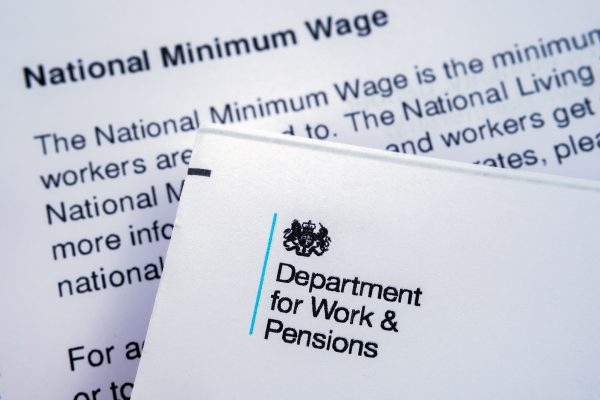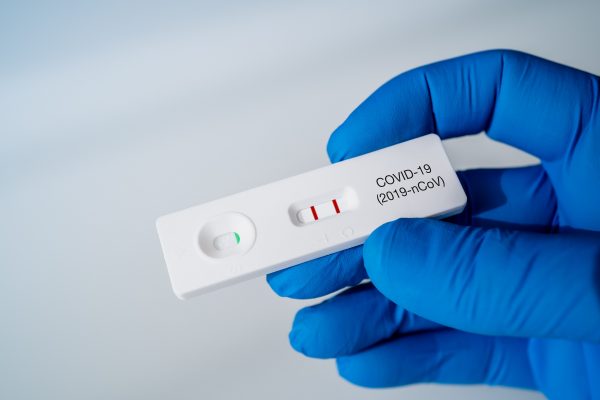Some employees, quite understandably, may feel anxious if required to come to work in the current circumstances.
First, some people falling into the extremely vulnerable group should be shielding and may be put on furlough for this reason. People in this group would normally have a letter from their doctor recommending shielding. Under the current guidance, the Government suggests the following conditions may indicate extreme vulnerability to Covid-19:
- Solid organ transplants
- Specific cancers: lung cancer treated with radical radiotherapy
- cancers of the blood or bone marrow such as leukaemia, lymphoma or myeloma at any stage of treatment
- cancers currently being treated with a course of active chemotherapy, immunotherapy or other continuing antibody treatments
- Targeted cancer treatments which can affect the immune system, such as protein kinase inhibitors or PARP inhibitors
- Bone marrow or stem cell transplants in the last 6 months, or continuing immunosuppression medication following these transplants
- All cystic fibrosis, severe asthma and severe chronic obstructive pulmonary (COPD)
- Rare diseases and inborn errors of metabolism that significantly increase the risk of infections (such as Severe combined immunodeficiency (SCID), homozygous sickle cell)
- Immunosuppression therapies sufficient to significantly increase risk of infection
- Pregnant women with significant heart disease, congenital or acquired
Employees staying at home with someone who is extremely vulnerable and shielding or providing care to an extremely vulnerable person may also be furloughed.
Employees on long-term sickness absence but not classed as extremely vulnerable may also be furloughed. This is different from someone who is on short-term sickness or is self-isolating because of the coronavirus, which are not entitled to be placed on furlough. The reason behind this is that self-isolating does not exceed 2 weeks and the sickness is short-term, whereas the minimum period of furlough is 3 weeks.
What if an employee has some health conditions but is not extremely vulnerable? If the medical team are of the opinion that such employee is too sick to go to work in the current circumstances and provides a sick note, then this employee will be absent as sick and should get sick pay. Furlough will not normally be an option.
In many cases, people with ongoing health issues will not have an increased vulnerability to the coronavirus and will have no reason to refuse to go to work, provided the employer adheres to the published guidance of the Government on the procedures to be followed in the workplace. If the guidance is not followed, this may become a health and safety matter, and in the most serious instances the employee may have a valid excuse to refuse to work for this reason.

We’re here to ensure all used car dealerships deliver a better car finance experience for their customers. With over 4,000 approved dealer partners we ensure you are properly supported and connected with a range of flexible finance options, allowing you to lend and your customers to buy in complete confidence.








